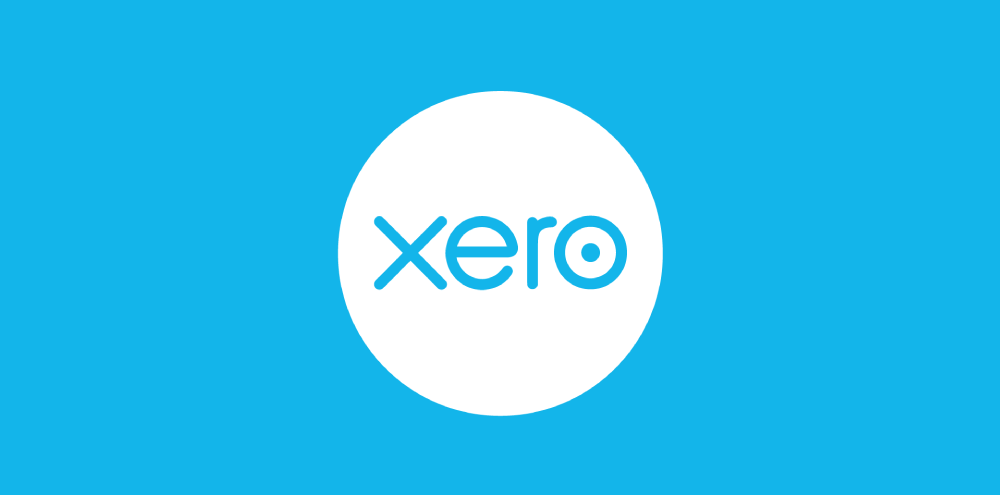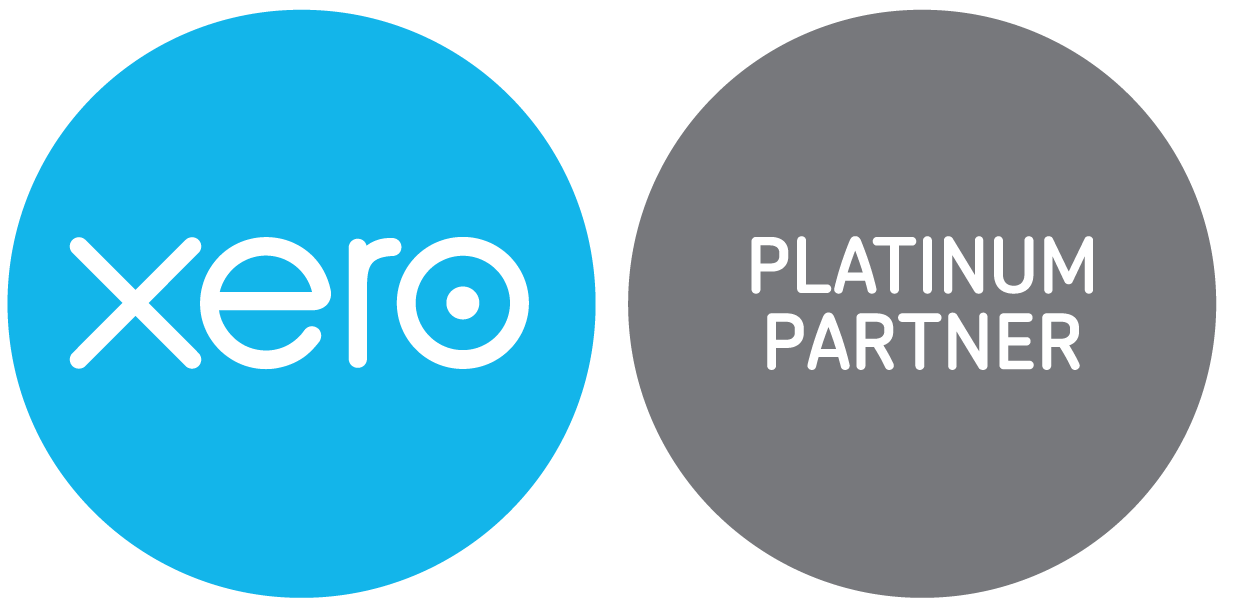All Accounted For Blogs

By Ben Duflou
•
17 Apr, 2024
For a website to succeed in growing your business, it must not only attract people to your site but also excel at retaining those visitors once they land and begin exploring. Your website serves as the heart of your outreach, where you guide people to learn more about your business, schedule an appointment, sign up for your webinar, purchase your products, and more. Curious about how your website compares to your competition? Digital Boost offers a FREE diagnostic tool called Checkable, which evaluates your website's performance and identifies small changes that can make a big difference. Digital Boost is a Government-funded initiative that's free for Kiwi small businesses. If you haven't already signed up, check it out at https://digitalboost.business.govt.nz/

By Ben Duflou
•
11 Apr, 2024
In the unpredictable world of startups, maintaining a cash surplus can be a lifesaver. It provides a safety net in case sales don’t meet expectations or unexpected expenses arise. Aside from providing security, surplus cash also paves the way for expansion opportunities, handling large bills, or purchasing essential equipment. While injecting personal capital or taking out a loan can aid in creating a cash surplus, let’s explore some other effective strategies for improving cash flow in your startup. Streamlining operations: Before dipping into external funds, consider if there are ways to free up cash internally. A few potential approaches include: Encouraging customers to make early payments by offering discounts or facilitating immediate payment options such as online or mobile payments. Consider selling rarely used assets and renting the equipment as needed. Reducing personal drawings from the business during periods of slow revenue growth. Inventory management can also tie up significant amounts of your cash. Improve your cash flow by: Implementing ‘just in time’ inventory practices to reduce stockpiling. Discontinuing slow-moving items and holding sales to clear obsolete inventory. Regularly reviewing inventory levels and turnover rates to ensure you’re stocking only what’s necessary. Credit management: Rather than letting cash be tied up in accounts receivable, consider not offering credit, or accepting credit card payments to improve cash flow. For long-term projects, consider invoicing for periodic progress payments. This ensures a steady cash flow throughout the project instead of waiting for the end to invoice. Price adjustments: A straightforward method for enhancing cash flow is price increases. Evaluate where you can increase prices without dampening demand. Encouraging prepayments: Request customers to prepay or pay a deposit, especially for large contracts. A consistent payment system, like monthly payments or a subscription model, can also spread out cash flow evenly. Supplier negotiations: Negotiating beneficial terms with suppliers, such as consignment or extended payment terms, can free up your cash. If you’re in a tight spot, consider returning goods to suppliers for a credit. Operational improvements: Creating better cash flow may also involve: Implementing stricter credit control and debt collection procedures. Sourcing less expensive materials or supplies. Identifying and curtailing rising expenses. Focusing on high margin work and saying no to low margin projects. Conducting market research to identify challenges and taking appropriate action. Regular Savings Set up regular contributions into a business savings account, such as a percentage of sales every month or surplus profit each quarter. Make sure the savings won’t impact your business operations. Every business has the potential to find extra cash in different areas, if you can get creative and make some cuts where needed. And even if you still need a business loan, it might not be as much as you thought if you can find other ways to generate some cash surplus. Uncertain about managing your startup’s finances? We are here to guide you. Contact us to schedule a consultation and let’s unlock the financial potential of your business.

By Ben Duflou
•
11 Apr, 2024
Running a business will always mean incurring certain expenses, or ‘spend’. Whether you’re a large family business or a small fledgling startup, there will be costs, overheads and supplier bills that mount up – and these expenses will gradually chip away at your cash position, making it more difficult to grow and make a profit. So, what can you do to reduce your spend levels? And what impact will this have on your overall margins, profits and ability to fund the next stage in your business journey? Getting proactive with your spend management: Spend management is all about getting in control of your expenses – and, where possible, aiming to reduce the level of costs and overheads that you incur as a company. Why does this matter? Well, excessive spending eats into your cashflow, reduces your profit margins and stops you from achieving the profits that you’re capable of as a business. So if you can get proactive with your spend management, you can actually make your company a far more financially productive enterprise – and that’s great for your overall business health. So, what can you do to reduce spend and slim down your company expenses? Here are some key ways to reduce expenses: Reduce your overheads – Your overheads are the unavoidable costs of running your business, producing your products or supplying your services. If you have bricks and mortar premises, these overheads will include rental payments, utility bills and even the cost of paying your staff. Drill down into the numbers and see where there are opportunities to reduce these overhead costs. That could mean moving to smaller premises, or reducing the size of your workforce, to reduce payroll expenditure. Put limits on staff expenses – If your employees can claim expenses, or buy raw materials and equipment with the company’s money, these costs can soon start to rack up. It’s a good idea to put a spending limit in place, so each staff member can only spend up to an agreed amount. Having a clear expenses policy helps, as will training up your staff in good spend management techniques. Specialist expenses card software allows you to quickly set spend limits, track expenses and pull your expenses data through to your cloud accounting platform for processing. Look for cheaper suppliers – If you can reduce your supplier costs, this will go a long way to bringing down your overall spend. If you’ve been with certain key suppliers for years, look around for new quotes, look at current market prices and see if you can negotiate better deals. And if your old suppliers aren’t flexible enough, try swapping to newer, more eager suppliers who will be willing to meet you in the middle on price. Make your operations leaner – the bigger your operational costs are, the less margin you’ll make on your end products and services. One way to resolve this is to aim for a ‘lean approach’, paring back your staff, resources and operational complexity to the bare minimum. By making the business as lean as possible, whilst still delivering the same output, you keep your revenue stable, but reduce the spend level that’s eating into your cost of goods sold (COGS). The smaller your COGS, the more profit you make on each unit or sale – and that means better cashflow, more working capital and bigger profits. Explore tax reliefs – Tax costs are an unavoidable expense when running your business, but it’s worth exploring which tax reliefs, grants or other business benefits you may benefit from. For example, research and development (R&D) tax credits may be available to you to help cut your corporation tax expenses. Talk to us about improving your spend management If you’d like to get in control of your expenses, we’d love to chat. We’ll review your current costs and will highlight the key areas where expenses can be cut. Then we’ll help you formulate a proactive spend management programme, to reduce your unnecessary spending. Get in touch to start reducing your spend.

By Ben Duflou
•
09 Apr, 2024
At All Accounted For, we understand that each hotel and motel business is unique, and a one-size-fits-all approach does not suffice. That's why our personalised service model is designed to cater specifically to the individual needs and goals of each client, tailoring our accounting solutions accordingly. Whether you're focusing on expansion, cash flow, or the structure of your accommodation establishment, we can craft an approach that aligns with your specific goals. While we are aware that there are plenty of accounting firms out there, both large and small, All Accounted For is a little different; we go beyond traditional accounting services. Not only do we provide a range of personalised accounting and financial advisory services to motels and hotels, but our commitment extends beyond the balance sheets and financial statements – we actively engage with our clients, conducting regular check-ins to assess progress against their goals. Our clients value the time we invest in getting to know their businesses intimately, fostering a partnership built on trust, open communication, and a shared vision for success. Want to hear more? Let's talk! Give us a call on 04 970 1182 to discuss your business needs and find out how All Accounted For can help.

By Ben Duflou
•
23 Mar, 2024
Experience the power of enhanced productivity by working with multiple tabs at once! Did you know that you can view multiple pages of your organisation in Xero at the same time by using tabbed browsing? (as long as you're using a supported browser and aren't viewing multiple organisations at once). There are three main ways to open a link in a new tab: Hold down Ctrl + Left Click on the link Right click on a link and select Open link in new tab Ctrl + T to open a new tab It is important to note that the data displayed on one tab will not automatically update in the other open tabs when you make a change. You must navigate to the other tabs and refresh your page (F5) Once you've finished with your other tabs, simply right click on any tab, and select Close other Tabs

By Ben Duflou
•
22 Mar, 2024
View our March 2024 General Ledger: - 2024 Annual Accounts Questionnaires - Terminal Tax Reminder - Due 7 April 2024 - Residential Property Interest Deductibility & Trust Tax Rate - Contacting Inland Revenue During the Lead up to the 31 March 2024 - Minimum Wage to Rise From April 1 ($23.15 per hour) - Xero Tip of the Month: Working with Multiple Tabs - Welcome to the Team: Barb Mitchell & Jared Magan - Tax Question of the Month: Depreciation Implications of Inheriting a Vehicle - IRD Upcoming Tax Payment Dates https://public2.bomamarketing.com/email/1LVq

By Ben Duflou
•
21 Mar, 2024
It’s nice to be acknowledged when you have completed a big piece of work or put a lot of effort into a particular project or task. Thanking your staff for a job well done is important. Sharing their success around the business is a great way to promote the team’s success and make people feel more valued.

By Ben Duflou
•
12 Mar, 2024
Just a reminder that March 31, 2024, is stocktake day for businesses holding more than $10,000 in stock. If your business is closed over the weekend, this could be the opportune time to perform your stocktake. To assist you in ensuring a precise and efficient stocktake, we've curated some helpful tips for your consideration as you prepare for your inventory count. You can find detailed insights at the following link: https://public2.bomamarketing.com/email/M1zj If you have any questions or require further assistance in getting ready for your stocktake, please don't hesitate to reach out to us at 04 970 1182.

By Ben Duflou
•
10 Mar, 2024
The minimum wage will be rising to $23.15 per hour from 1 April 2024. - a 2% increase from the current hourly rate of $22.70. The Starting-Out and Training minimum wage rates will both increase to $18.52 per hour, remaining at 80% of the adult minimum wage. It's important to get your ducks in a row before this change comes into effect. This includes: Advising your minimum wage team members of the increase Checking your payroll systems and processes Updating your employment agreements if relevant Updating your business budget. Costs are increasing In addition to the cost of labour, inflation has put upward pressure on everyday items. That will likely increase your general running costs and the price of materials. Petrol prices are up, for instance, and supply chain issues have driven up the cost of many imported products. Is it time to review your pricing Ideally, your business should increase costs by a tiny amount each year, rather than by a big jump every five years, for instance. Small increases help prevent price shocks for customers, and keep your business in line with the rest of the market. Can you cut costs? If you don’t think increasing your prices is an option, or you still need to make more of a change, you may need to cut back your spending. We look at your business line by line, so we can help you identify areas where you might be able to trim the fat. Give us a call on 04 970 1182 today – we’re here to help



